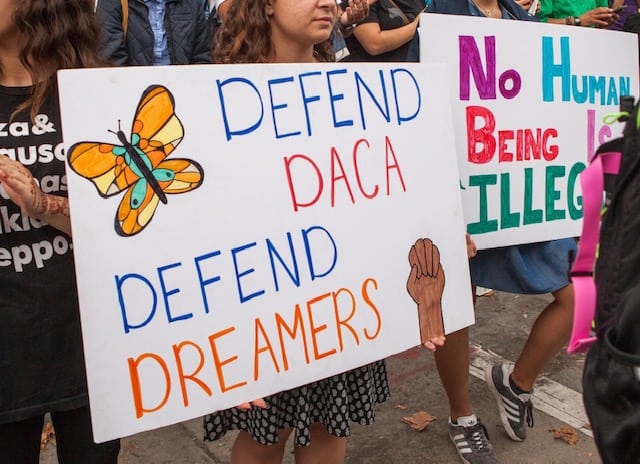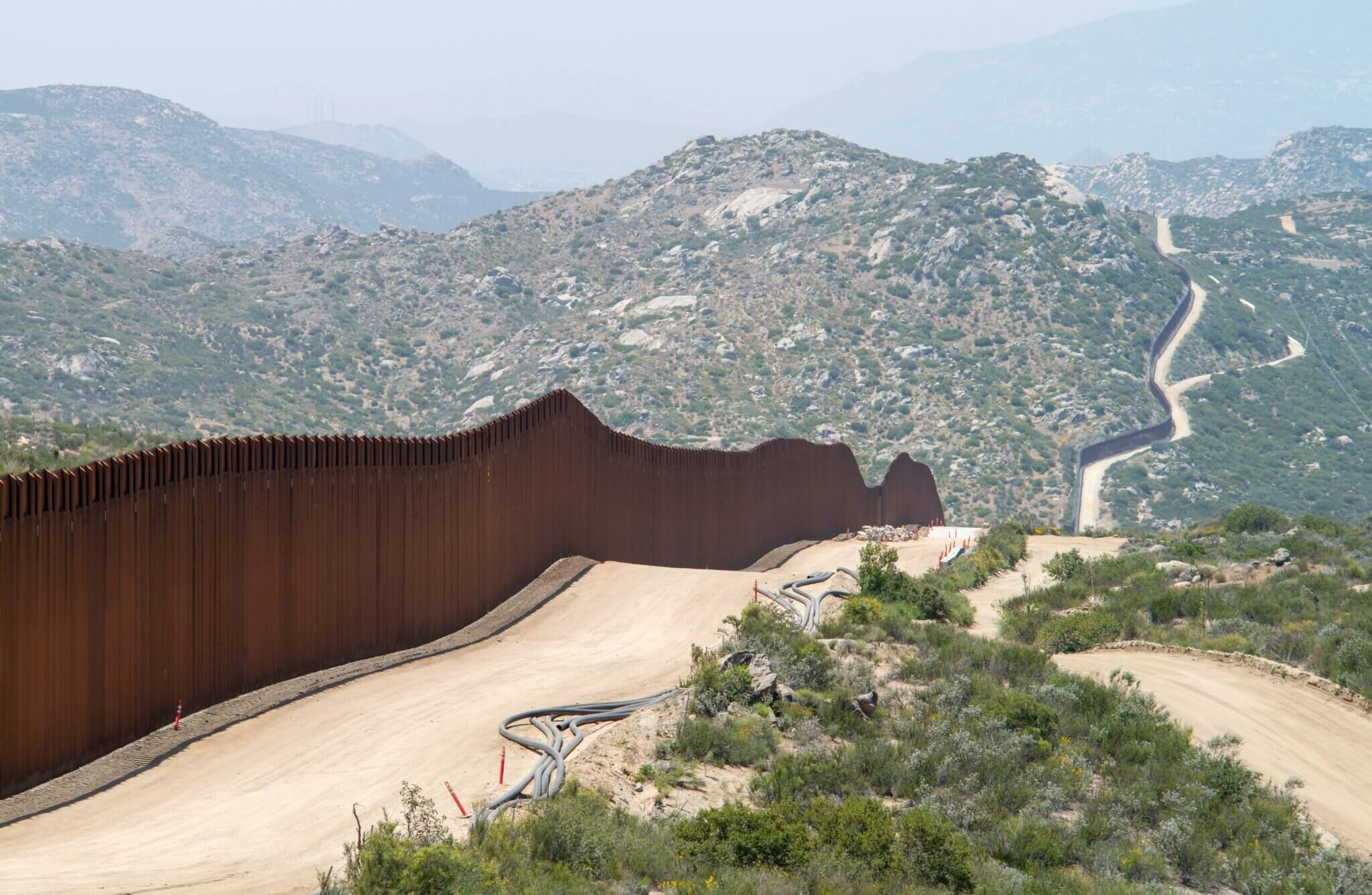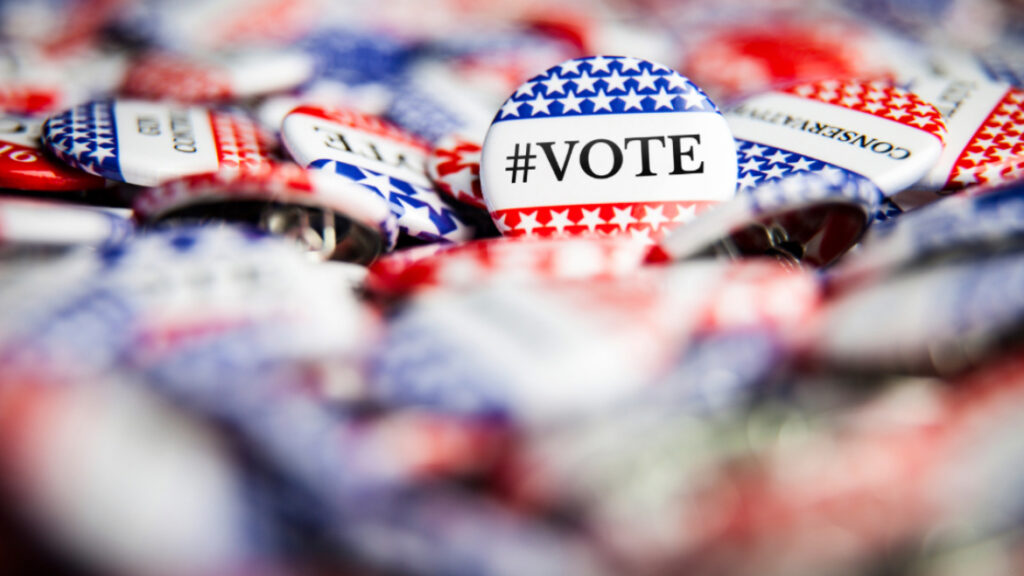“It gives me some sort of relief, but there’s still uncertainty,” said Joseline Tlacomulco, a student at the University of Connecticut about the U.S. Supreme Court ruling Thursday that the Deferred Action for Childhood Arrivals Program (DACA) cannot be shut down.
“There are still a lot of people who are excluded from the program,” she told the CT Mirror. Tlacomulco emigrated from Mexico with her parents when she was 8 months old.
The U.S. Supreme Court blocked key Trump campaign issue on immigration, blocking the administration’s 2017 decision to end DACA, created under President Barack Obama. The Supreme Court cited a failure by the Department of Homeland Security to give an adequate justification for the termination.
Just over 200 DACA recipients live in New
Hampshire. Per the American Immigration Council, as of 2017, 462 people in the state had applied for DACA.
President Donald Trump‘s immediate reaction to the legal defeat was a tweet. “Horrible & politically charged decisions” calling them “shotgun blasts into the face of people that are proud to call themselves Republicans or Conservatives.”
President Obama looked back to eight years ago when he first announced the program; adding a call to action to elect Vice President Joe Biden and Democrats to Congress this fall to ensure protections for DREAMers.
The original author of the DREAM Act, Senator. Dick Durbin, D-Ill., celebrated the decision. In describing who DACA recipients are, of roughly 700,000, Durbin said 200,000 are essential workers and 40,000 of them are health care workers helping fight the novel coronavirus, reported ABC News.
New Hampshire’s lawmakers were also quick to react to the news the Trump Administration’s attempt to do away with protections for young immigrants was blocked.
Rep. Chris Pappas, D-N.H cheered the ruling, stating via Twitter, “Dreamers are part of our American family.” Pappas also acknowledged, “Today’s decision will provide temporary relief for the thousands of DREAMers who have been living in fear, but we cannot stop here.”
“Today’s Supreme Court ruling places our nation on the right side of history”, said Rep. Annie Kuster (D-NH). She continued, “These young Americans are making contributions to our nation by serving in our military, working & paying taxes, and getting an education.”
Publisher’s Notes: The young people impacted by DACA and the Development, Relief and Education for Alien Minors (DREAM) Act are often referred to as “Dreamers.”
Who are DACA recipients?
As many as 1.3 million people were immediately eligible, according to the Migration Policy Institute. Of those, about 800,000 have enrolled. Another 400,000 would be eligible if they met the education requirement. About 230,000 more are younger than the minimum age of 15 but would become eligible if they get a high-school diploma or equivalent. The vast majority are from Mexico, with smaller contingents from Guatemala, El Salvador and other countries. Most have no connection to their previous countries. Some didn’t know they were undocumented until they sought driver’s licenses or college aid. Current law makes it difficult for them to obtain legal status unless they leave the country and apply.




